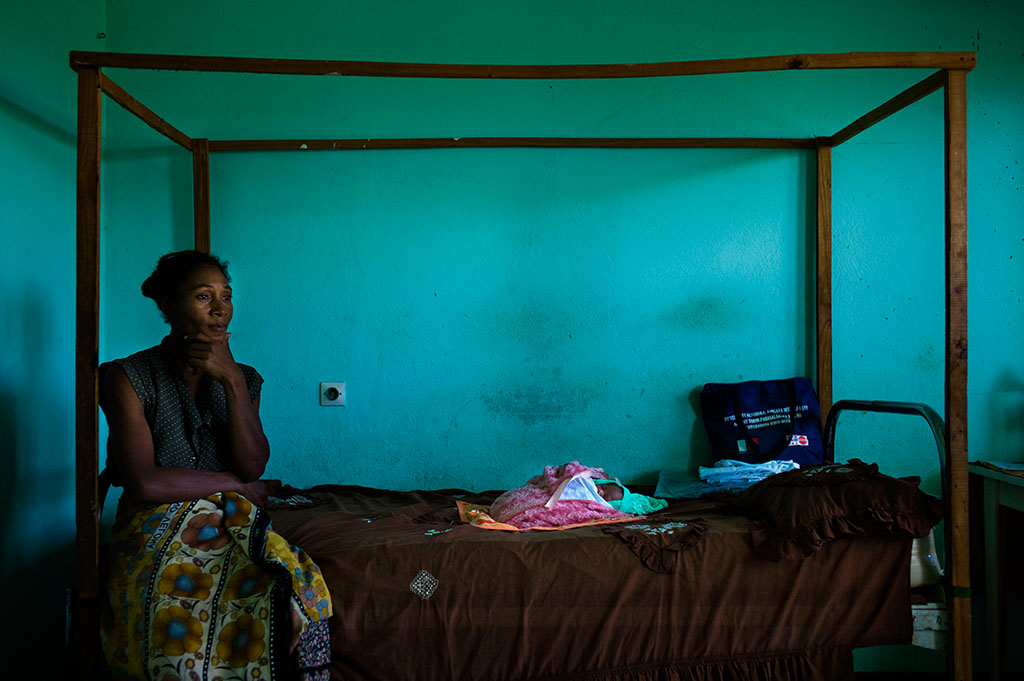
Having a child in Madagascar
Every day ten women in Madagascar die from complications related to pregnancy and childbirth. Despite the high maternal mortality rate, the population is set to double within 20 years and natural resources on the island will not keep up.
International donors pulled out of the country following a coup in 2009 and health and education services have suffered. Organisations like the United Nations Population Fund (UNFPA) have stepped in to address the urgent needs in sexual, reproductive and maternal health.
Today, three-quarters of the population live on under $1 per day. Women continue to bear the burden of the political crisis. Inadequate or expensive healthcare, limited access to contraception, cultural incentives for young girls to become pregnant, a non-existent job market, poor transport and absent infrastructure: these are just a few of the challenges Madagascar’s women face.
For Madagascar, achieving Millennium Development Goal (MDG) 5: Improving Maternal Health – which calls for reducing the maternal mortality ratio by three-quarters between 1990 and 2015 and achieving universal access to reproductive health by 2015 – seems impossible.
Worldwide, the maternal mortality ratio dropped by 45% between 1990 and 2013, from 380 to 210 deaths per 100,000 live births. However, this still falls far short of the MDG target to reduce the maternal mortality ratio by three-quarters by 2015.
In 2013 alone, an estimated 289,000 women died during pregnancy, childbirth, or within 42 days of termination of the pregnancy, from causes related to – or aggravated by – pregnancy or its management.
Sub-Saharan Africa had the highest maternal mortality ratio of developing regions, with 510 deaths per 100,000 live births, followed by Southern Asia, Oceania and the Caribbean, each registering 190 maternal deaths per 100,000 live births, and then by South-Eastern Asia.
In Madagascar the number in 2010 stood at 498 deaths per 100,000 live births, up from 488 in 1997.
(Photos by Dominic Nahr / Magnum Photos)








































You can find an overview of ongoing debates with our journalists here . Please join us!
If you want to start a conversation about a topic raised in this article or want to report factual errors, email us at english@swissinfo.ch.